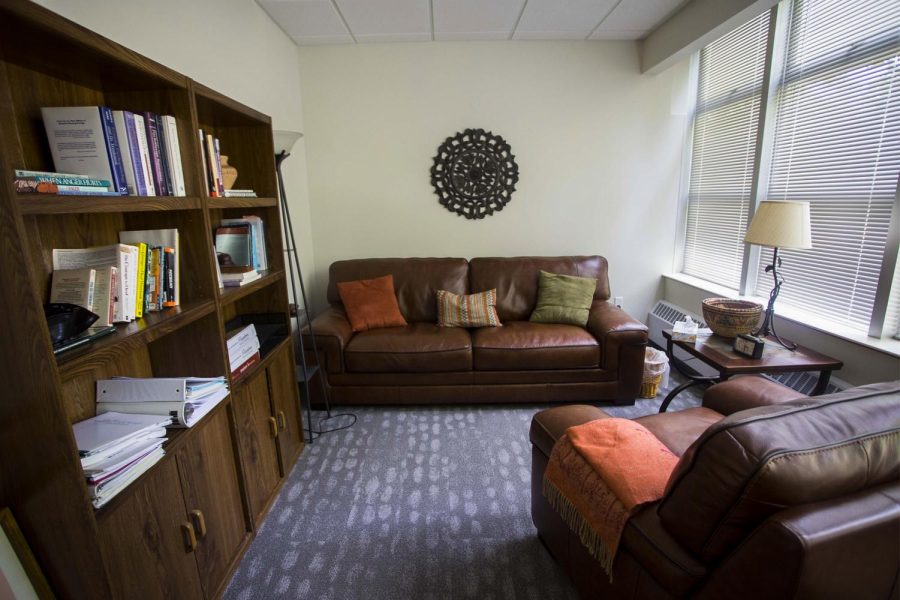College Deploys Early Alert to Track Campus Mental Health
Oberlin’s Student Wellness Center and Counseling center has rolled out a mental health app.
The Counseling Center and the Office of the Dean of Students have deployed a wellness and support app called Early Alert. The service, which includes a weekly check-in, informs users of resources on Oberlin’s campus to help with students’ overall well-being.
“Early Alert is a once-a-week text message asking you to rate your wellness on a scale of one to 10, with one being really, really poor and 10 being excellent,” Director of Student Wellness Promotion Monique Burgdorf said. “At any point, a student can text a wellness bot the word ‘resources’ and then get a list of Oberlin-specific referrals.”
The app is based on the Substance Abuse and Mental Health Services Administration’s Eight Dimensions of Wellness framework: emotional, social, spiritual, occupational, physical, financial, environmental, and intellectual. Early Alert is focused on analyzing and checking in on each category. Each week, a question is directed toward an individual student users to check in with regard to one of the wellness dimensions. The survey data is then anonymously sent to the Counseling Center and the Center for Student Success. This data gives insight into which category students are struggling in the most. The school will only get information about a student if they consistently report feeling low to the wellness bot.
“It helps us to know what students are reporting on to help us target those areas and plan programs along those areas so that we can proactively reach out to a student for support,” Executive Director of Student Safety and Wellbeing Andrew Oni said. “It’s an added layer of support that is directly at the ready for students.”
The app’s overall goal is to have real-time wellness check-ins and be a resource for students waiting to get therapy or counseling through the school. It is primarily a preventative measure for students.
“If you reach out maybe on a weekly basis, what it does for us is [lets] us to know ahead of time if somebody needs support,” Oni said. “And if needed, Monique Burgdorf reaches out to the student specifically to ask, ‘What can I do to support [you]? What do you need support on? Here is what we have on campus; any additional support you may need, let us know.’ And she does that very consistently.”







